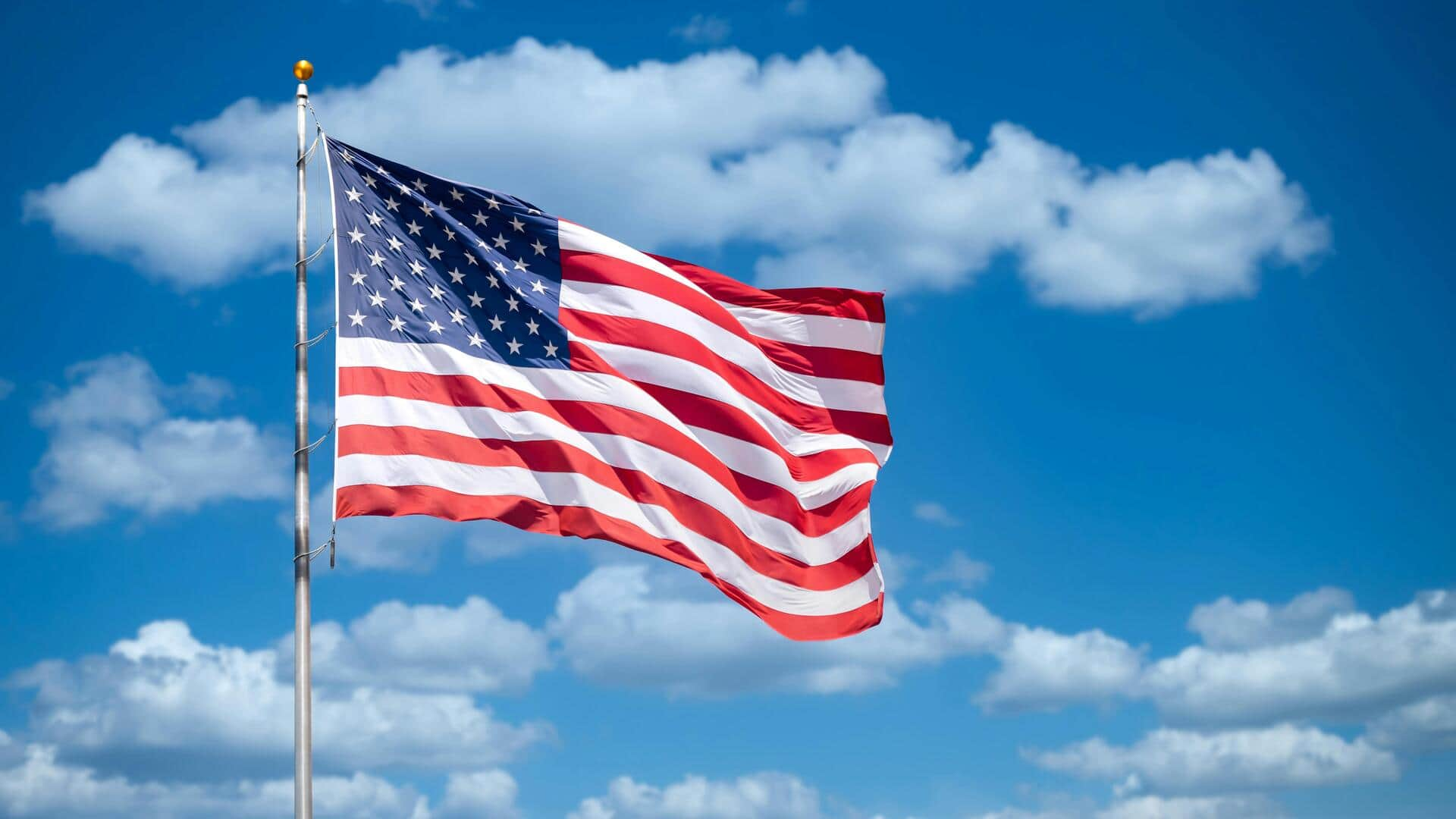
Why US has halted student visa interviews worldwide
What's the story
The United States has suspended scheduling new interviews for student visas. The decision was announced by Secretary of State Marco Rubio in a cable sent to American diplomats worldwide. This move is part of the Donald Trump administration's plan to expand social media screening and vetting of foreign students who want to apply for US visas.
Agenda
Visa suspension part of broader immigration strategy
The suspension is part of a larger strategy by the Trump administration to tighten immigration controls and fulfill its hardline immigration agenda. The move comes amid ongoing tensions between the White House and universities over issues such as antisemitism. David Leopold, a Cleveland-based immigration attorney, warned that this could have "cataclysmic" effects on international students and US universities that depend on them.
Process
Interviews already scheduled will proceed as planned
Rubio's cable advised consular sections to halt scheduling new visa appointments until further guidance is issued. However, interviews already scheduled will proceed as planned. The State Department and Department of Homeland Security haven't commented on the decision yet. The Trump administration had previously hinted at stricter measures after incidents like the arrest of Tufts University student Rumeysa Ozturk over her pro-Palestinian activism.
University tensions
Recent actions against universities
The interview suspension comes after the DHS attempted to block Harvard University from enrolling international students, a move temporarily blocked by a federal judge. The administration is also looking to cancel federal contracts with Harvard worth about $100 million. Kevin O'Leary, a Trump ally, suggested on Fox Business that foreign students should be vetted before being allowed into the US.
Free speech
Trump administration's stance on foreign students
The Trump administration has suggested that student visa holders could be deported for supporting Palestinians and criticizing US foreign policy. Critics argue this undermines free speech rights under the First Amendment.